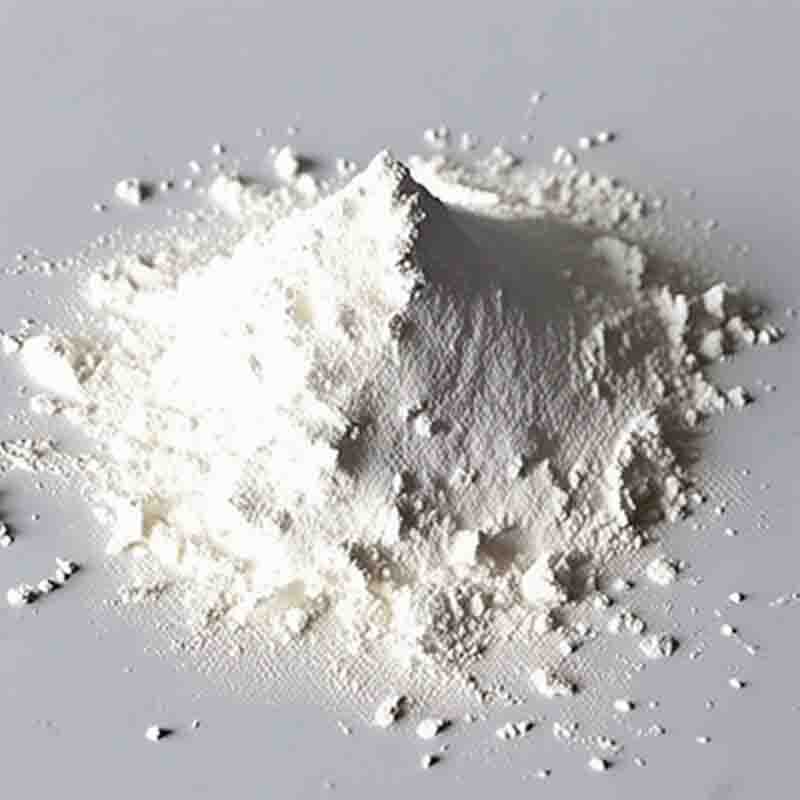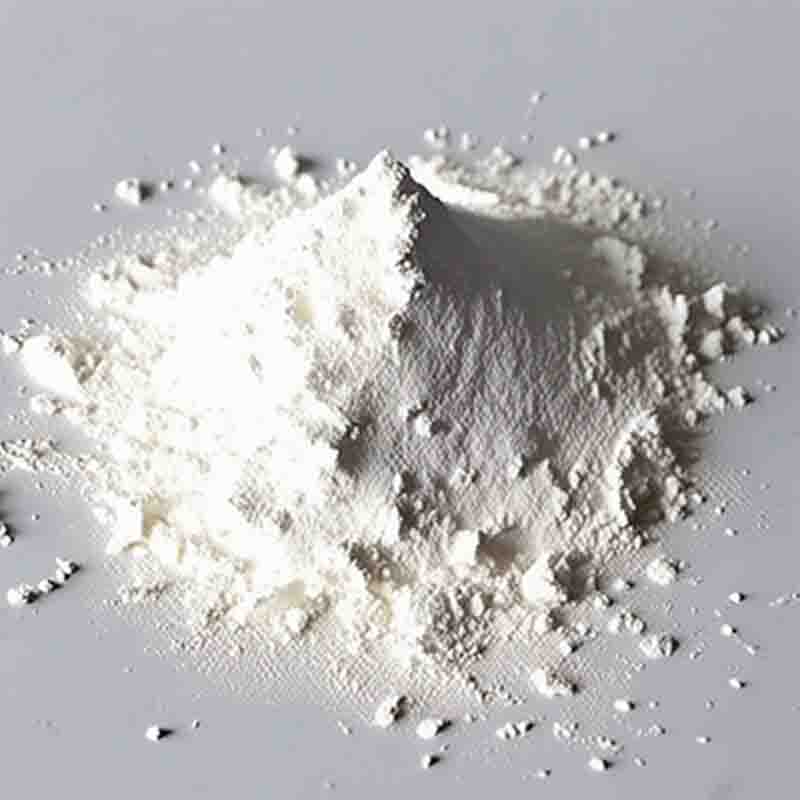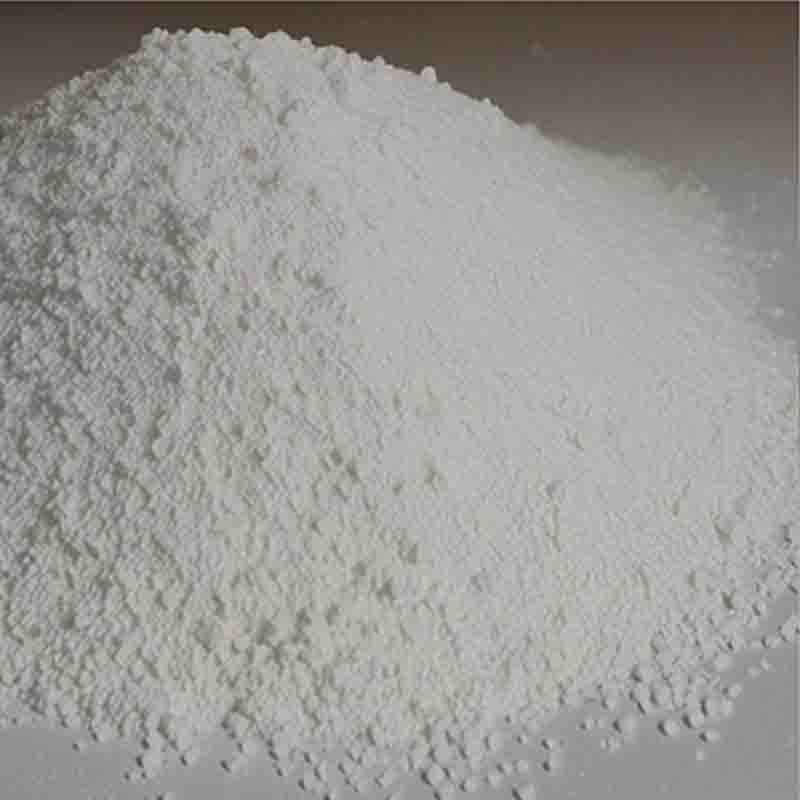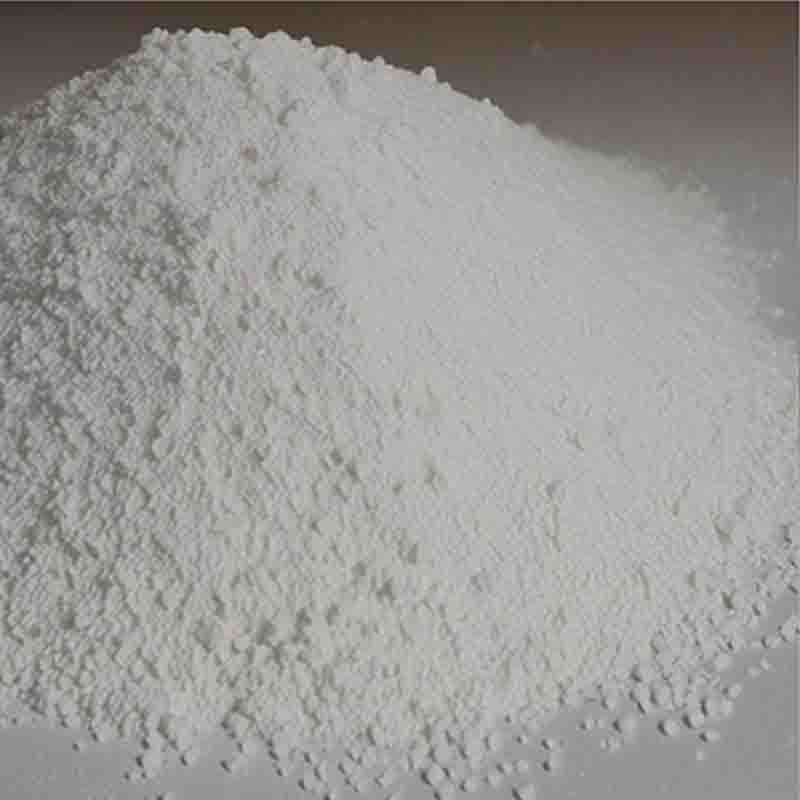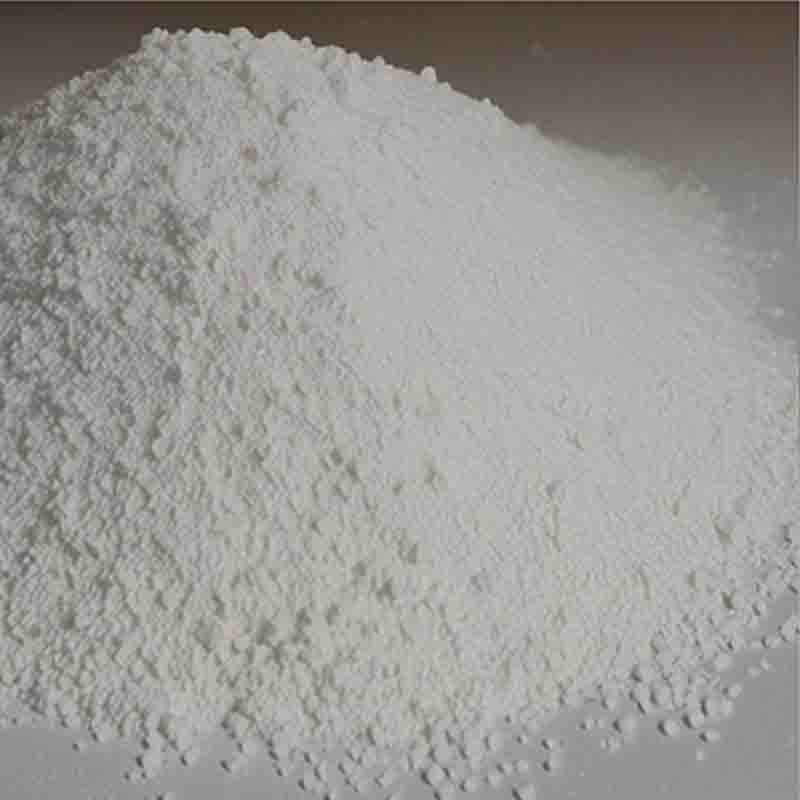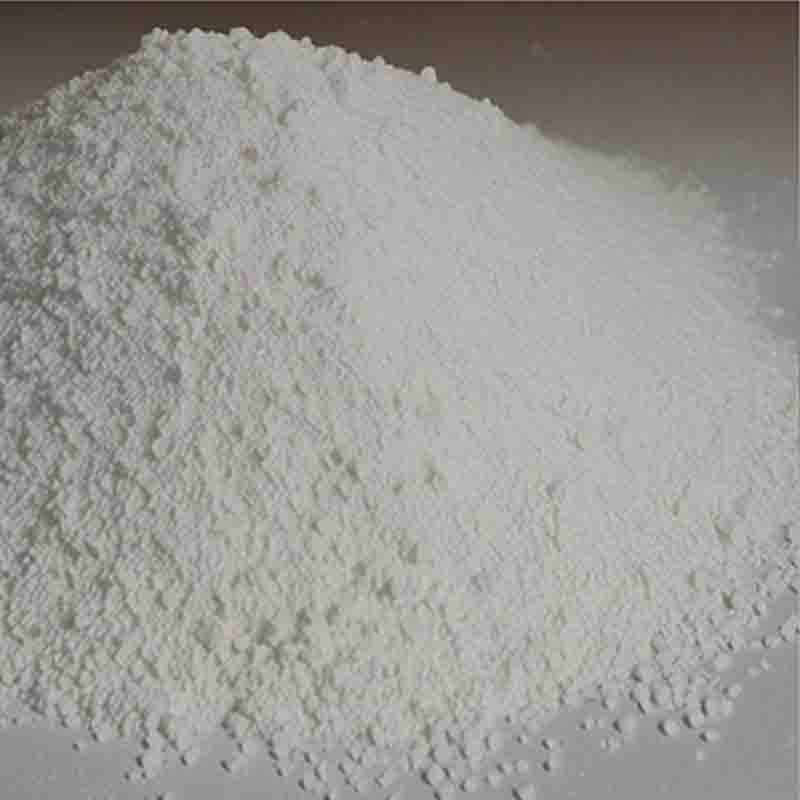tert-butyl 4-(6-((6-(1-butoxyvinyl)-8-cyclopentyl-5-methyl-7-oxo-7,8-dihydropyrido[2,3-d]pyrimidin-2-yl)amino)pyridin-3-yl)piperazine-1-carboxylate CAS: 866084-31-3
| Catalog Number | XD93402 |
| Product Name | tert-butyl 4-(6-((6-(1-butoxyvinyl)-8-cyclopentyl-5-methyl-7-oxo-7,8-dihydropyrido[2,3-d]pyrimidin-2-yl)amino)pyridin-3-yl)piperazine-1-carboxylate |
| CAS | 866084-31-3 |
| Molecular Formula | C33H45N7O4 |
| Molecular Weight | 603.75 |
| Storage Details | Ambient |
Product Specification
| Appearance | White powder |
| Assay | 99% min |
Tert-butyl 4-(6-((6-(1-butoxyvinyl)-8-cyclopentyl-5-methyl-7-oxo-7,8-dihydropyrido[2,3-d]pyrimidin-2-yl)amino)pyridin-3-yl)piperazine-1-carboxylate is a compound with immense potential in medicinal chemistry and drug development. Its complex molecular structure suggests a variety of potential applications.This compound contains a piperazine-1-carboxylate core, which is a commonly used scaffold in medicinal chemistry due to its versatile nature and wide range of drug target possibilities. The presence of the piperazine moiety allows for interactions with various receptors and enzymes, making it an interesting candidate for the development of therapeutic agents.The 6-(1-butoxyvinyl)-8-cyclopentyl-5-methyl-7-oxo-7,8-dihydropyrido[2,3-d]pyrimidin-2-yl group in the structure provides potential pharmacological activity. Such pyrido[2,3-d]pyrimidine derivatives have been extensively studied for their anti-inflammatory, antiviral, and anticancer properties. The cyclopentyl and methyl groups contribute to the lipophilicity of the compound, which can enhance its cellular permeability and bioavailability.The tert-butyl ester group provides stability to the compound and can be easily converted to other functional groups, allowing for further modifications or derivatization. This flexibility is valuable in medicinal chemistry, as it enables the development of more potent and selective compounds.The pyridin-3-yl group in the structure acts as a potential ligand for various receptors, such as G protein-coupled receptors (GPCRs). This suggests that the compound may have an impact on intracellular signaling pathways and could be further explored for its potential as a modulator or antagonist of specific receptors involved in disease conditions.The overall structure of tert-butyl 4-(6-((6-(1-butoxyvinyl)-8-cyclopentyl-5-methyl-7-oxo-7,8-dihydropyrido[2,3-d]pyrimidin-2-yl)amino)pyridin-3-yl)piperazine-1-carboxylate highlights its potential in the development of novel therapeutics. It offers opportunities to investigate enzyme inhibition, receptor binding, and modulation of various biological processes.With further exploration and optimization, this compound could potentially serve as a lead compound for the development of drugs targeting cancer, inflammation, or other diseases. Its unique structural features and potential biological activities make it an interesting compound for further research and development in the field of medicinal chemistry.In conclusion, tert-butyl 4-(6-((6-(1-butoxyvinyl)-8-cyclopentyl-5-methyl-7-oxo-7,8-dihydropyrido[2,3-d]pyrimidin-2-yl)amino)pyridin-3-yl)piperazine-1-carboxylate holds promise as a versatile compound for drug development. Its complex structure and potential pharmacological activities make it an intriguing candidate for further investigation as a potential therapeutic agent for various diseases and conditions.


![tert-butyl 4-(6-((6-(1-butoxyvinyl)-8-cyclopentyl-5-methyl-7-oxo-7,8-dihydropyrido[2,3-d]pyrimidin-2-yl)amino)pyridin-3-yl)piperazine-1-carboxylate CAS: 866084-31-3 Featured Image](https://cdn.globalso.com/xdbiochems/白色粉末1128.jpg)
![tert-butyl 4-(6-((6-(1-butoxyvinyl)-8-cyclopentyl-5-methyl-7-oxo-7,8-dihydropyrido[2,3-d]pyrimidin-2-yl)amino)pyridin-3-yl)piperazine-1-carboxylate CAS: 866084-31-3](https://cdn.globalso.com/xdbiochems/粉末141.jpg)
